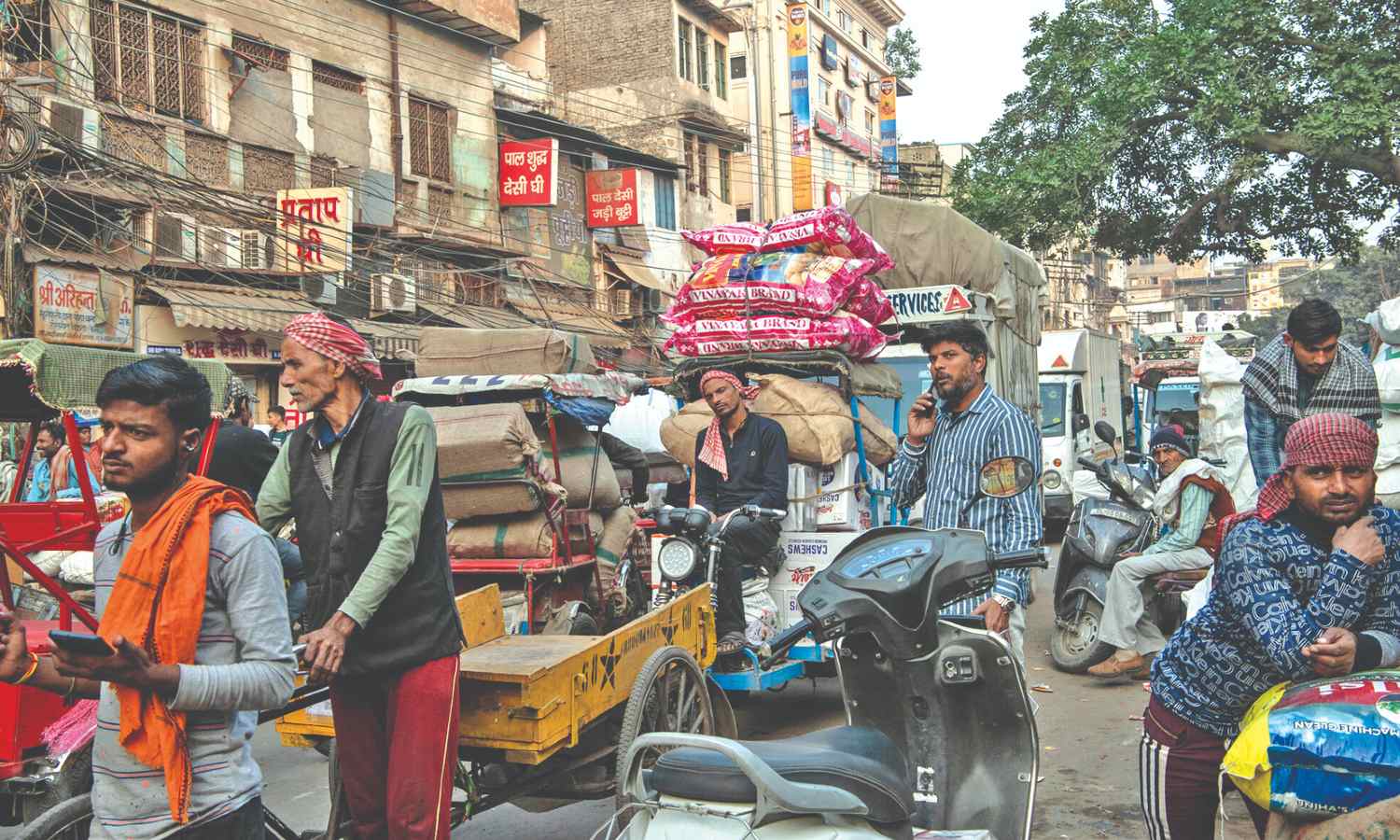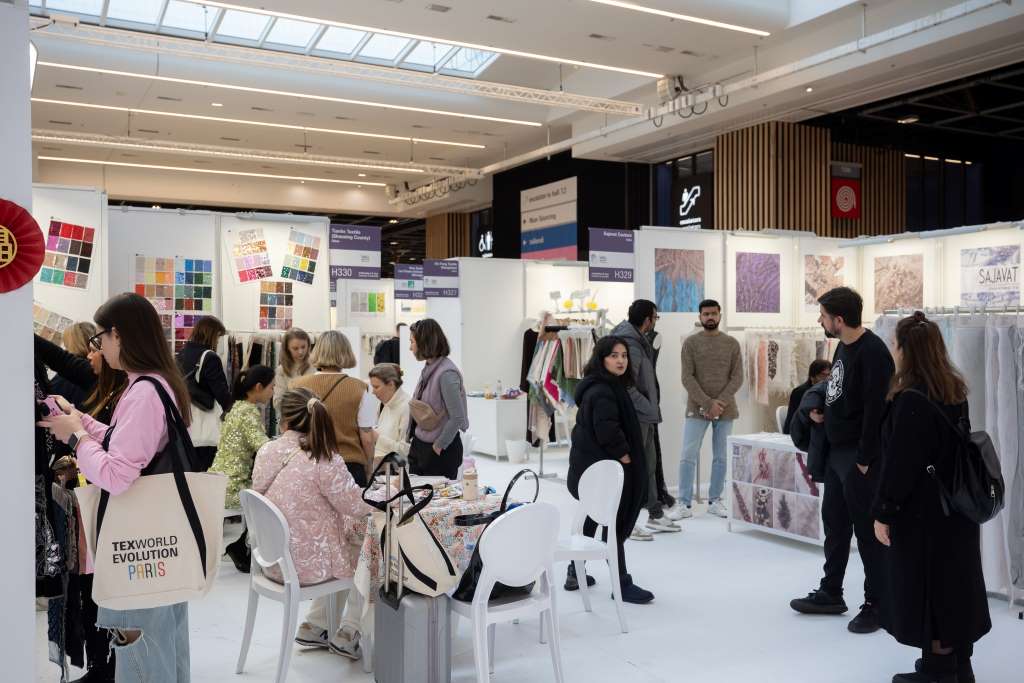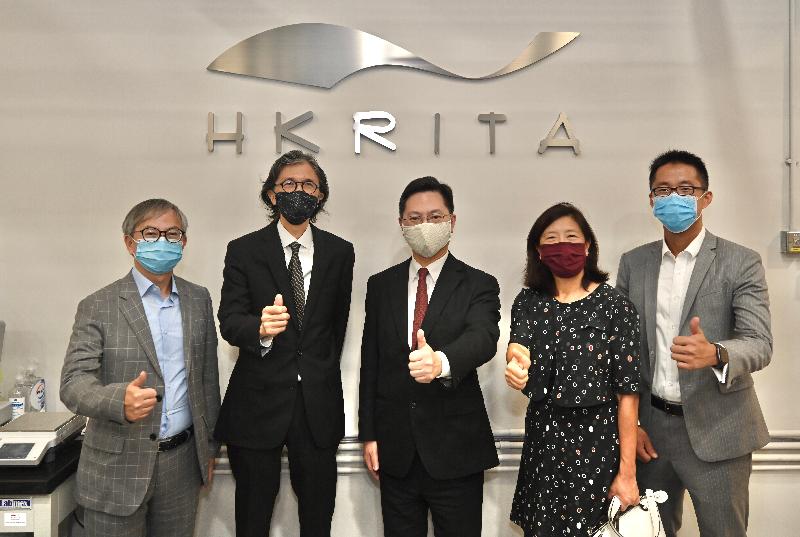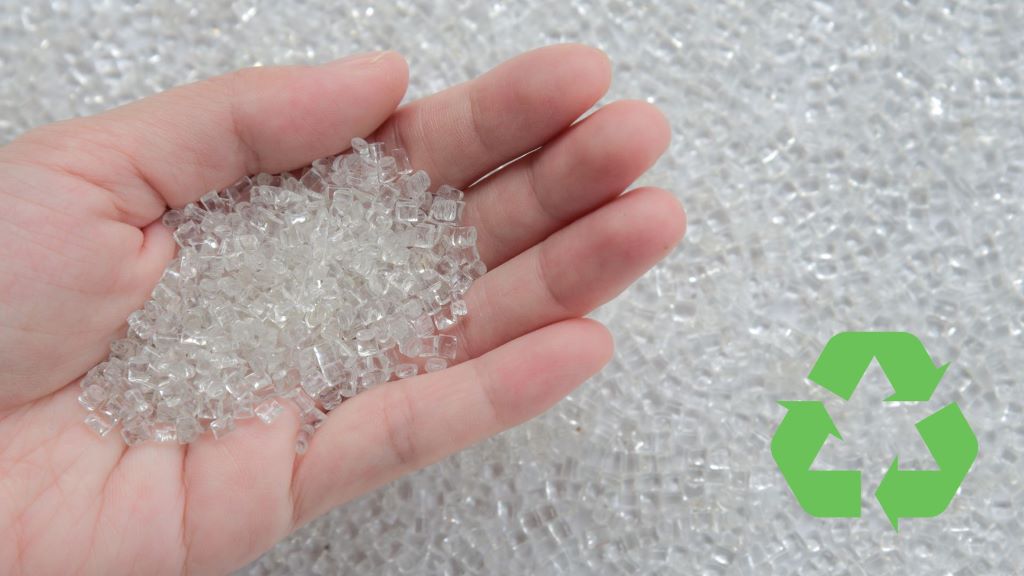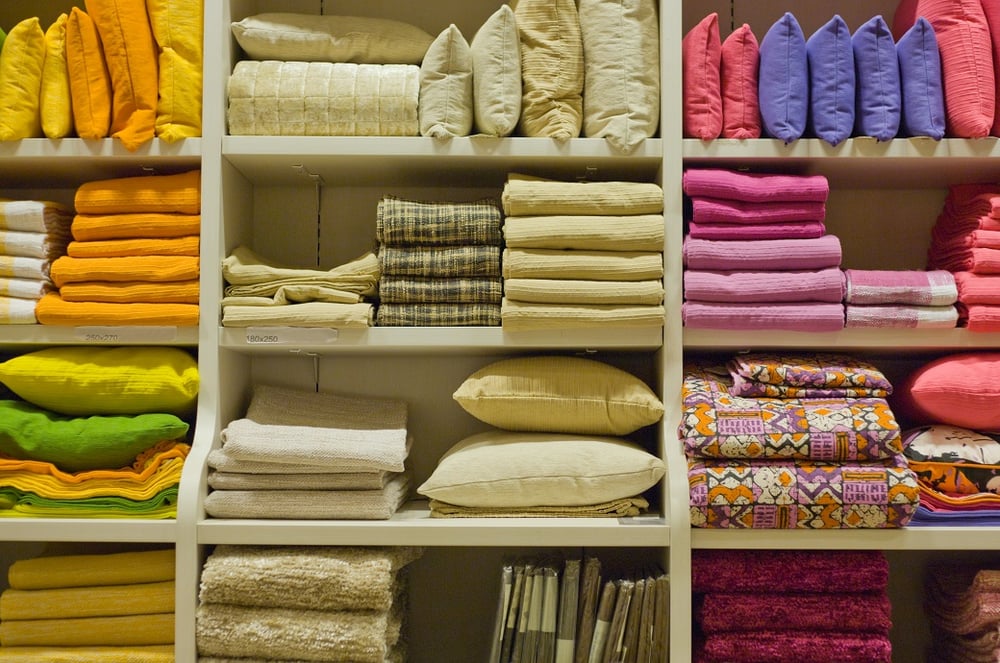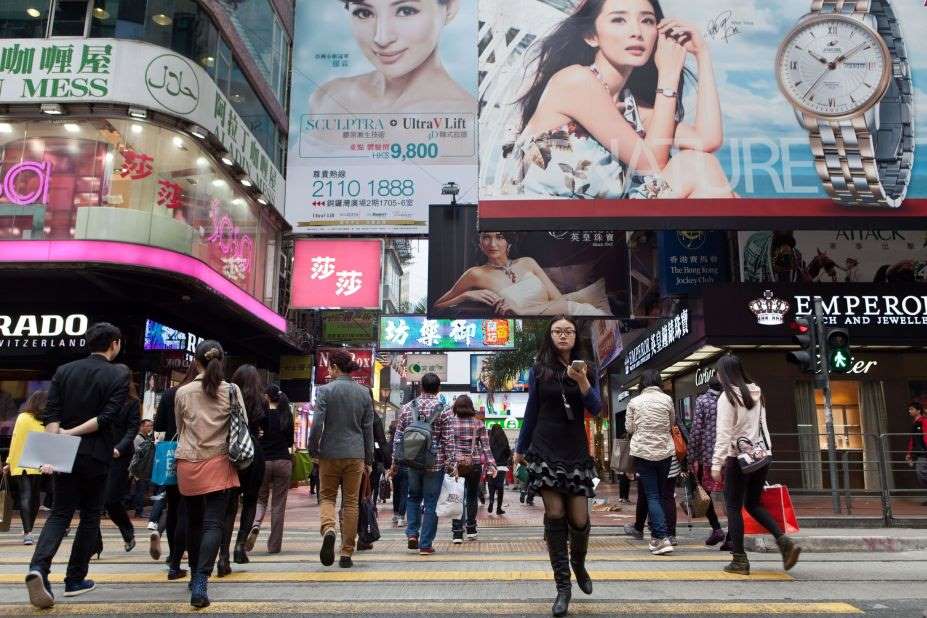California-based anti-slavery charity As You Sow, says one of the most effective ways to curb forced labour in the garment industry is to target cotton spinning mills where workers can provide valuable information about the source of material in the fashion supply chain. The apparel industry in Bangladesh has come under pressure to improve factory conditions and workers’ rights, particularly after the collapse of the Rana Plaza complex in Bangladesh more than three years ago, when 1,136 garment workers were killed.
Following the tragedy, a number of initiatives were launched by global brands and charities to promote openness and safeguard employees, from ensuring the safety of buildings to providing better pay and working hours. But while most projects focused on farmers growing cotton in the fields or factory workers stitching clothes, few focused on the workers of spinning mills in the middle of the supply chain.
Run by the California-based charity, the Responsible Sourcing Network (RSN) launched a project focusing on mills in India and Bangladesh that together employ thousands of workers. Based in the middle of the supply chain, spinning mills are uniquely positioned to identify cotton produced with forced labour and prevent it from entering corporate supply chains was what Patricia Jurewicz, RSN’s director had to say on this topic. Jurewicz also revealed that thousands of young women are kept in bonded labour in spinning mills in southern India. This is where women are lured from their homes with the promise of a good job, but in reality they work in appalling conditions. The US and Britain have adopted laws that ban the import of goods produced by forced labour or require companies to report action taken to address slavery and trafficking.



